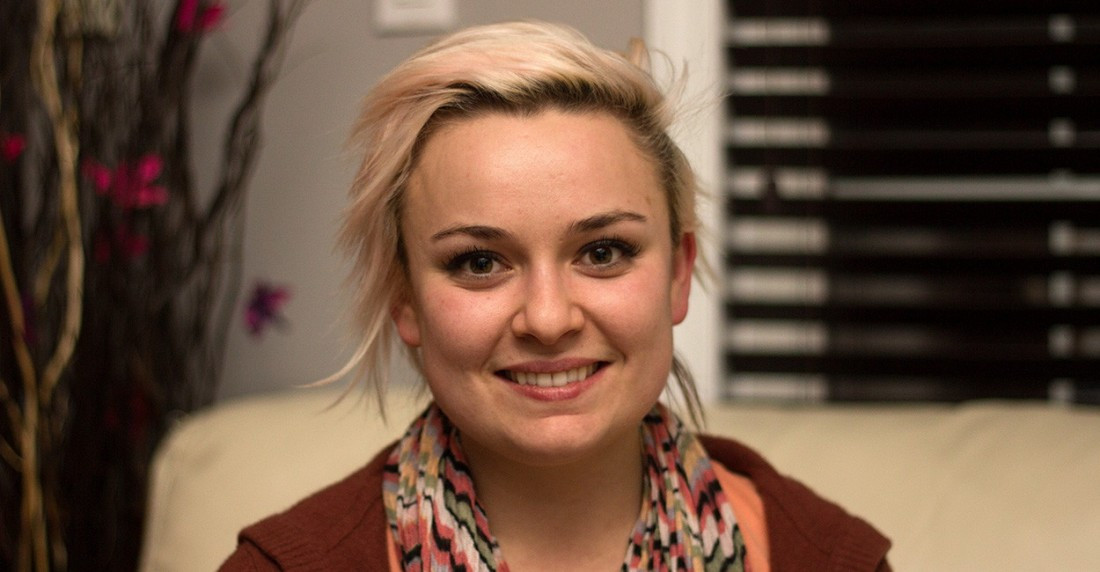Fashion forward
Local designer works hard to make Winnipeg a fashion friendly city
“Designers who come out of Winnipeg are very daring.”
Lili Lavack, local designer and graduate of the textile sciences program at the University of Manitoba with a minor in business, lauds the city’s fashion culture. She also warns against isolation from other practitioners.
“Fashion is very competitive… everyone’s trying to sell their designs,” she says.
When she was elected co-president of the Winnipeg Fashion Incubator in 2011, she worked to connect designers in Winnipeg. She emphasizes that most designers won’t succeed without support.
“Most designers make 20,000 [dollars] a year, and they’re hustling – but they just can’t make it.”
Winnipeg was once a place where fashion was a huge part of local business. Lavack mentions how the Exchange District was once a bustling area of textile production. She envisions a future where this city is once again a great place for fashion.
“We need a proper organization that is going to ramp up and bring in major players who will infuse us with money,” she says. “In order to grow we need to sell our styles to high profile people.”
Some of the best support for design in Winnipeg comes from people willing to buy and wear local fashion, and show it to other cultural ambassadors. Lavack mentions such people as Mariette Mulaire (president and CEO, World Trade Centre Winnipeg), Ginette Lavack (executive director at Festival du Voyageur Inc.), Kevin Walters (G2 Management and Promotion), Paul Jordan (chief operating officer, The Forks Renewal Corporation), and Rob Kristjansson (special events liaison at Film and Special Events Office, City of Winnipeg).
Lavack stresses that diversity makes Winnipeg a great place for fashion — the concentration of many cultures in one urban area — and is a requirement to develop as a designer.
“Winnipeg is a great hub to grow and learn to learn,” she says. “We do nurture quite well here… but you need to want to be global… You need to experience multiple things. Design is an art form, you can stagnate.”
Lavack is now co-owner, with former Incubator co-president Abigail Myers, of Libby Productions. It connects people in the areas of fashion, art, and event planning. She also heads two design companies, Bi. Polar Couture with her twin sister, and Dugas Lavack Couture Group.
She refers to a current trend towards androgyny and blurring of gender boundaries in fashion, highlighting the role of designers in dealing with cultural phenomena, including environmental concerns.
“The fashion industry is built on trends and the excitement of new purchases,” Lavack says. “It can be difficult for consumers and designers to move towards the more sustainable and healthy ideas of recycling, repurposing, and reusing.”
If there appears to be a lot for designers to deal with, she says belief in your work can translate into a lifelong vocation.
“Use your dream to create the brand. You take something from your haute couture work and translate it into something wearable,” Lavack says.
She encourages people in the fashion industry to work with others.
“There are definitely resources. Don’t be afraid to ask,” she says.
Published in Volume 68, Number 13 of The Uniter (November 27, 2013)





